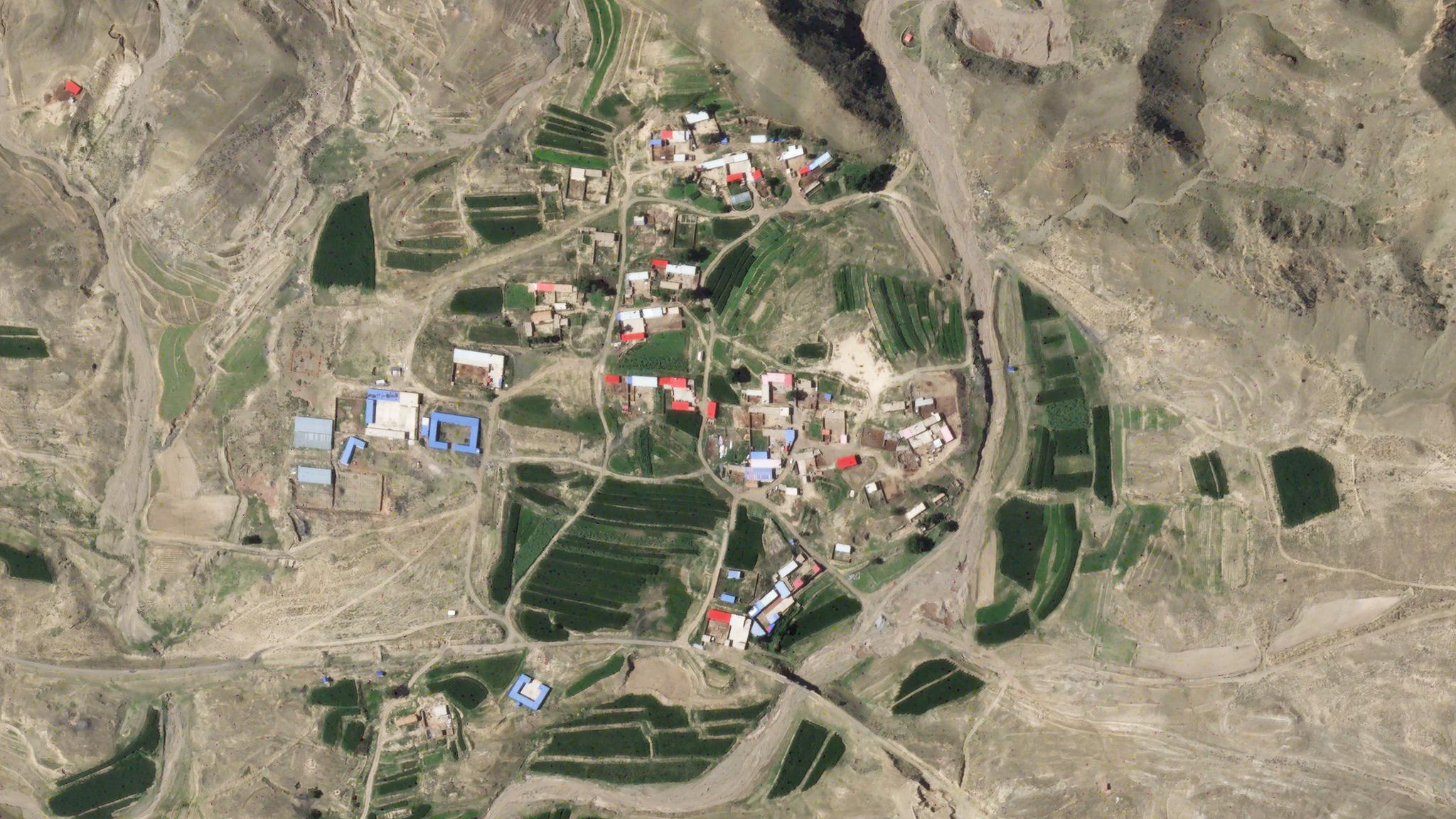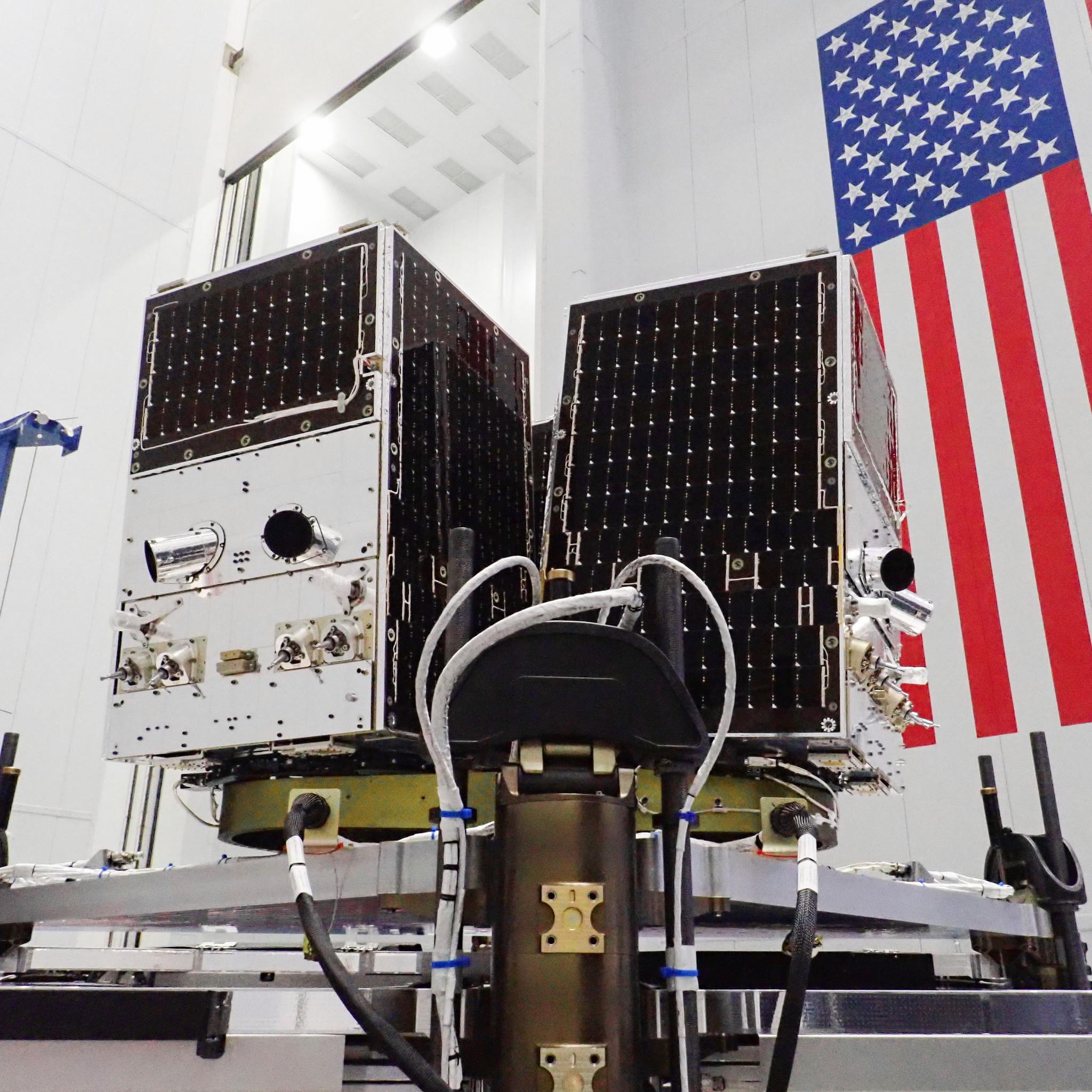SkySats 19-21 to Launch on SpaceX Falcon 9 Rideshare Mission

SkySat 18 saw the village of Xiguanjing, China and the hills of Inner Mongolia when it first observed Earth on July 18, 2020. © 2020, Planet Labs Inc. All Rights Reserved.
NewsPlanet is set to launch three more new SkySats (SkySats 19-21) into Low Earth Orbit on August 18th (date subject to change), rounding out the fleet of SkySats already in operations and joining SkySats 16-18 that successfully launched aboard the SpaceX Falcon 9 in June. Planet SkySats 1-15 operate in Sun Synchronous Orbits, a specific type of Low Earth Orbit that results in the Earth’s surface always being illuminated by the Sun at the same angle when the satellite is capturing imagery. Half of the SkySats currently pass overhead in a morning crossing plane, while the other half moves in an afternoon crossing plane, so together they provide the twice-daily coverage of anywhere on Earth. Both sets of new SkySats, 16-18 and 19-21, will operate in a “mid-inclination” orbit of 53 degrees that complements the sun synchronous fleet, and will offer more targeted coverage and imaging capacity in the latitude bands between +53 degrees and -53 degrees where the majority of human activity occurs. By taking advantage of SpaceX’s rideshare program, we were able to get these satellites launched much faster compared to a dedicated launch. In addition, by splitting the payload across two launches, we’re able to phase the mid-inclination SkySats into their respective planes much faster as well, all of which results in Planet’s customers benefiting from these enhanced products much sooner than any other provider can offer. [caption id="attachment_145669" align="aligncenter" width="3000"]


Ready to Get Started
Connect with a member of our Sales team. We'll help you find the right products and pricing for your needs

